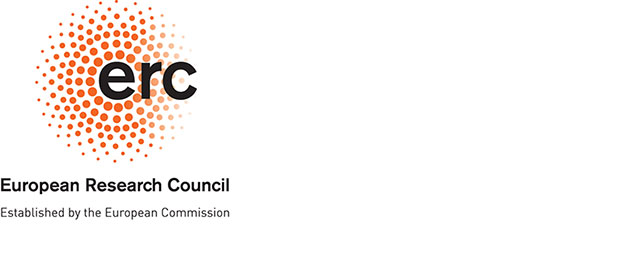Research Approach
State of the art
Contemporary Islamic deliberations relating to bioethical questions have received increasing academic attention over the last years. In these deliberations as well as their study issues pertaining to conceptualizations of pre-natal life often loomed large due to the rapid advances in the field of medicine and of research. Examples are birth control, abortion, pre-natal diagnosis, in vitro fertilization, embryo research and genetics in general. All of these are available or carried out in Middle Eastern countries and the respective technologies created intense ethical debates. This was especially the case since the 1980s when fundamentally new technologies in reproductive medicine became available and met with a rising “Islamic awareness”, i.e. the growing conviction that ethical issues need to be addressed within a specifically Islamic framework. In this situation the concept of “Islamic embryology” gained wide acceptance – the idea that a core of sentences from the Qur’an and the Hadith (collected sayings of the prophet Muhammad) taken together give a coherent statement of the development of the unborn, which is perceived as specifically Islamic. This concept has become essential to all contemporary Islamic considerations about ethical beginning-of-life issues, which were also increasingly integrated into the ethical debates on the national level within Europe, especially since the 2000s.
The problem and its challenge
The academic studies of those contemporary Islamic deliberations always mentioned the concept of “Islamic embryology”. However, it went almost unnoticed that “Islamic embryology” is rather a normative than a descriptive or analytical concept. It emerged through several processes resulting in a reduction of ambiguity and diversity.
COBHUNI fundamentally challenges the essentializing and simplifying way the imaginations of the unborn in Islam are treated, thematically as well as conceptually and methodologically.
1. Thematical
Showing how processes of communication between religious communities, different regions within the Muslim community and the emergence of modern medicine impacted on the imagination of the unborn.
2. Conceptual
Drawing on three new approaches in the study of Islam: emergence of Islam within the context of late antiquity, canonization studies, and study of exegetical literature. None of these approaches have been linked to the study of contemporary Islamic bioethics before.
3. Methodological
Applying computational linguistic methods to Arabic text material according to up to date technologies.



